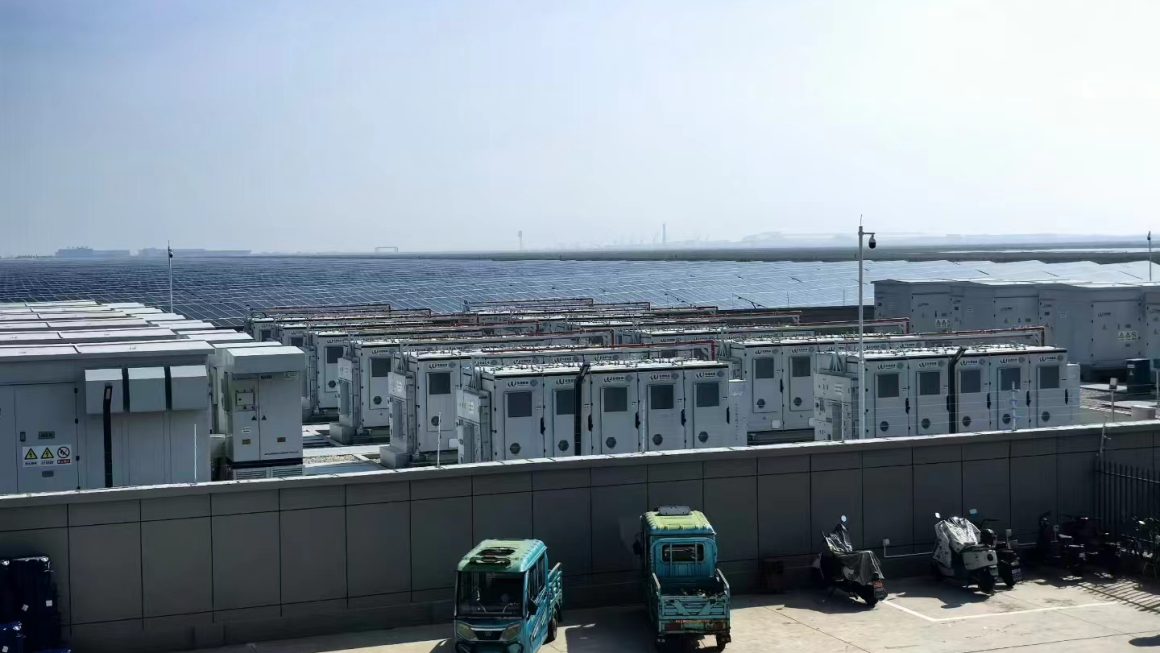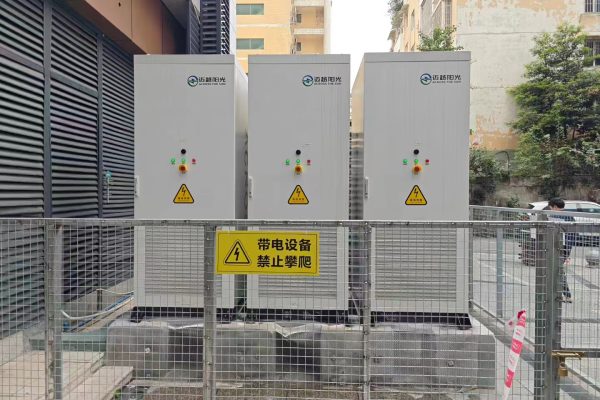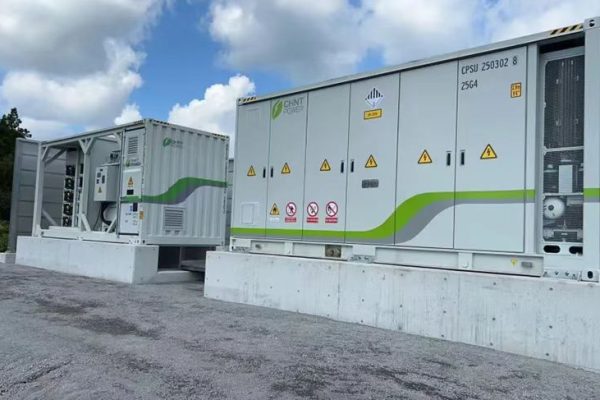For manufacturers and solution providers in the solar + storage industry, overseas agents play a crucial role in bridging the gap between technology and customers. But success doesn’t depend only on product quality—it also depends on how well agents understand what they are selling. A well-structured training program empowers agents to confidently answer questions, handle objections, and close deals faster.
Below we outline how to design an effective overseas training structure that balances technical knowledge, sales confidence, and local market realities.
1. Define the Training Objectives
Before launching any program, clarify what the training should achieve. Ask yourself:
- Do agents need to sell more confidently?
- Do they need to handle technical queries from engineers and installers?
- Should they be able to demonstrate the system live?
For PV + storage systems, training objectives often include:
- Understanding core product specifications (inverter compatibility, battery chemistry, warranties).
- Explaining value propositions (ROI, resilience, “all-in-one” convenience).
- Navigating local compliance and certifications.
- Supporting after-sales service basics.
2. Break Down Training Modules
The most effective programs combine technical content, practical demos, and sales tactics. A suggested module breakdown:
Module 1: Product Fundamentals
- PV inverter basics: single-phase, three-phase, hybrid options.
- Battery storage chemistries (LFP vs. NMC, cycle life, safety).
- Integrated systems: what “plug-and-play” really means.
Module 2: Applications & System Design
- Sizing systems for residential vs. commercial.
- PV + ESS + diesel hybrid scenarios.
- Typical pain points (space, cooling, regulatory issues).
Module 3: Installation & O&M Basics
- How to read wiring diagrams.
- Common QC steps before shipment.
- Troubleshooting do’s and don’ts.
Module 4: Sales & Market Positioning
- Differentiating from Alibaba-style traders.
- Talking points for cost-sensitive SMEs.
- Framing long-term value vs. lowest upfront price.
Module 5: Hands-On Demonstrations
- Show a demo system in a showroom or training center.
- Walk through real installations via case studies.
- Encourage role-play between “customer” and “agent.”
3. Balance Online and Offline Training
- Online: Recorded webinars, bite-sized explainer videos, and downloadable guides. This supports scalability across multiple countries.
- Offline: In-person workshops, factory visits, or local demo system walk-throughs. These reinforce credibility and trust.
💡 Pro tip: Provide a training kit—containing brochures, wiring diagrams, FAQs, and video links—that agents can reuse with clients.
4. Adapt to Local Market Needs
Not all markets care about the same details:
- Europe: High focus on certifications, grid compliance, and warranty structures.
- Africa & Southeast Asia: More emphasis on resilience, hybrid systems, and financing models.
- Latin America: Importance of logistics, import costs, and ease of installation.
Training must highlight what matters locally, rather than overwhelming agents with irrelevant details.
5. Include Assessment and Certification
To make training “stick,” consider:
- Quizzes at the end of modules.
- Certification levels (Bronze, Silver, Gold agents).
- Incentives: Prioritize certified agents for new leads, marketing support, or better pricing.
This motivates agents to take training seriously and positions your brand as professional and structured.
6. Ongoing Support
Training should not be a one-off event. Build continuity with:
- Monthly update calls for new product releases.
- A shared knowledge base with FAQs, wiring diagrams, and sales decks.
- WhatsApp/WeChat support groups for fast response in the field.
Agents who feel supported will stay loyal and more effectively represent your brand.
Conclusion
For overseas agents, product training is about more than technical specs. It’s about building confidence, credibility, and consistency. A well-structured program—covering product fundamentals, applications, installation basics, and sales strategies—ensures your agents aren’t just middlemen, but trusted advisors in their local markets.
By combining modular training, local adaptation, certification, and ongoing support, you create a scalable framework that turns overseas partners into true brand ambassadors.








